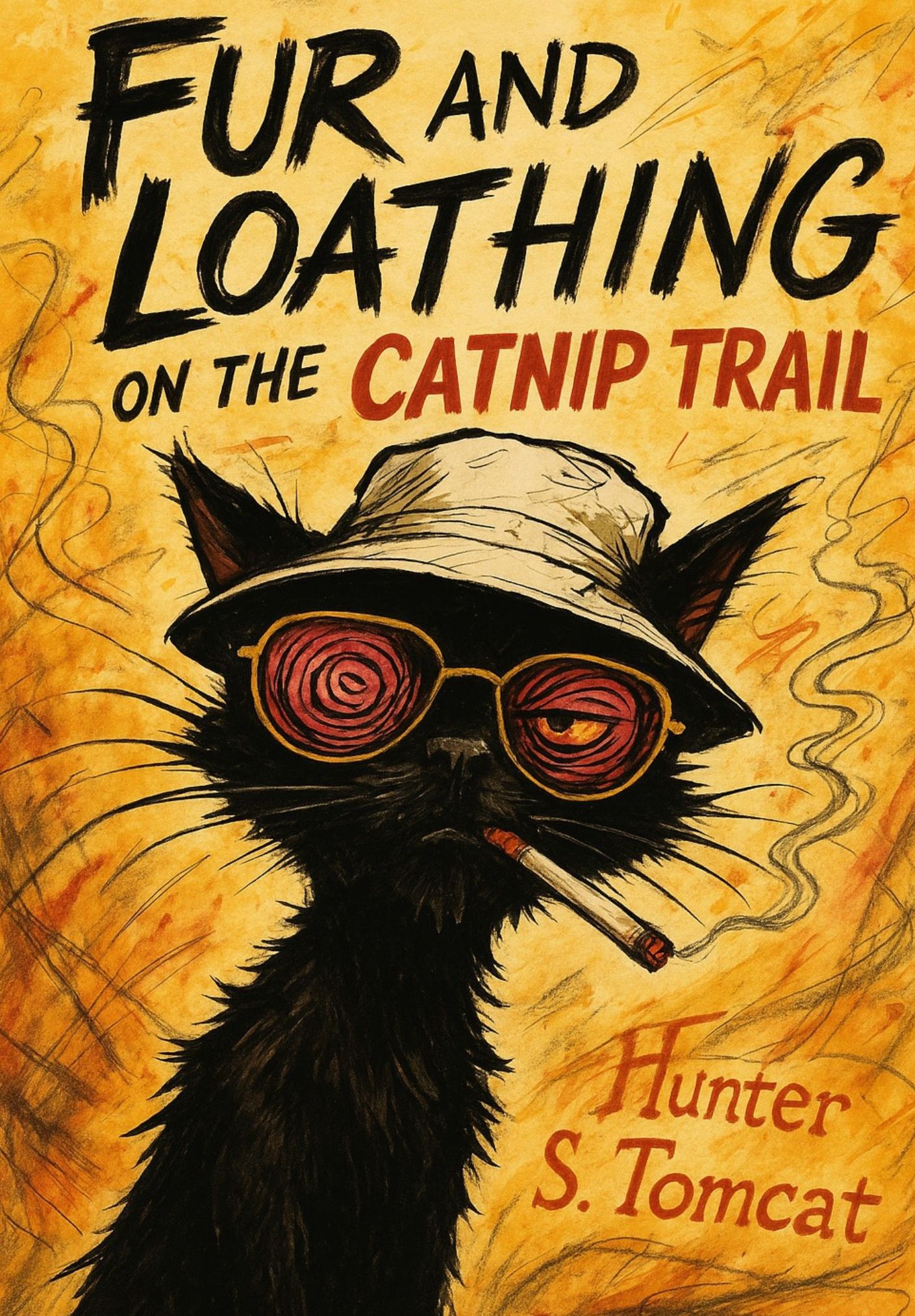The machinery of power is most effective when it cultivates loyalty that transcends reason. In the modern political landscape, the tools of the regime include the blind following of party lines, where partisanship eclipses critical thought, and ideological loyalty becomes a sacrament. Each party, in its quest for dominance, manufactures heroes to whom they can pledge unwavering allegiance. These figures become the symbols of righteousness, beyond reproach, and any criticism of them is deemed a betrayal.
The media plays a crucial role in this dynamic, amplifying the myth of these political heroes and, in turn, reinforcing the narrative that one side is infallible, and the other, corrupt.
Voters are not encouraged to question, but rather to follow — to align themselves with a “team” in a contest that feels more like a zero-sum game than a meaningful debate of ideas. This is the dangerous path we walk: political engagement has transformed into a quest for ideological purity, with little regard for the nuanced complexities of governing or public service.
In this climate, political parties benefit from the echo chambers they cultivate, where dissent is silenced and dissenters are excommunicated. The heroes they create—whether a charismatic leader or a policy champion—become shields that deflect accountability and prevent transparency.
Voters, blinded by their hero worship, fail to see the systematic erosion of true democratic principles. It is not just a matter of policy disputes or electoral strategy; it is a matter of the very soul of our democracy, corroded by partisanship and the dangerous yearning for heroes.
